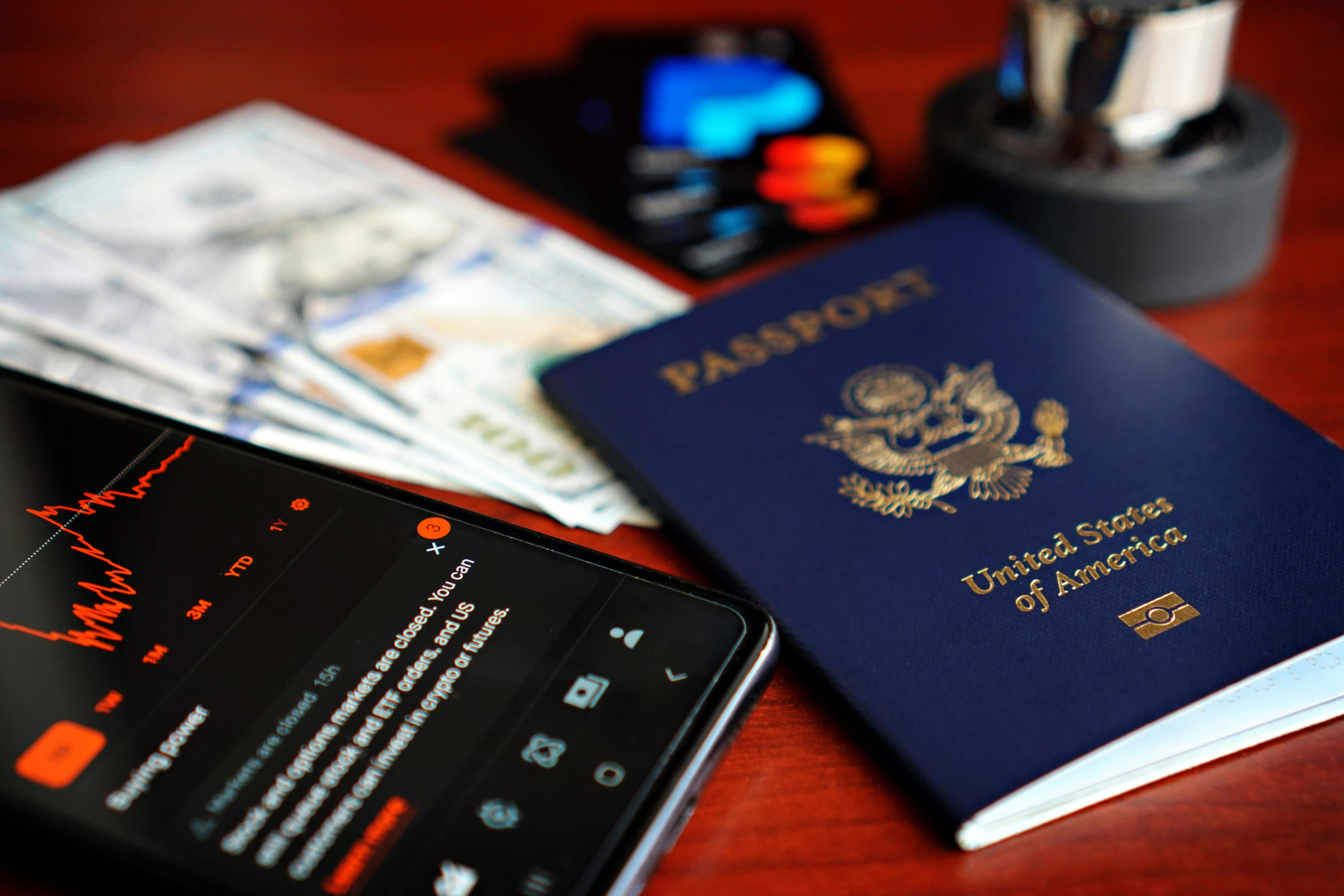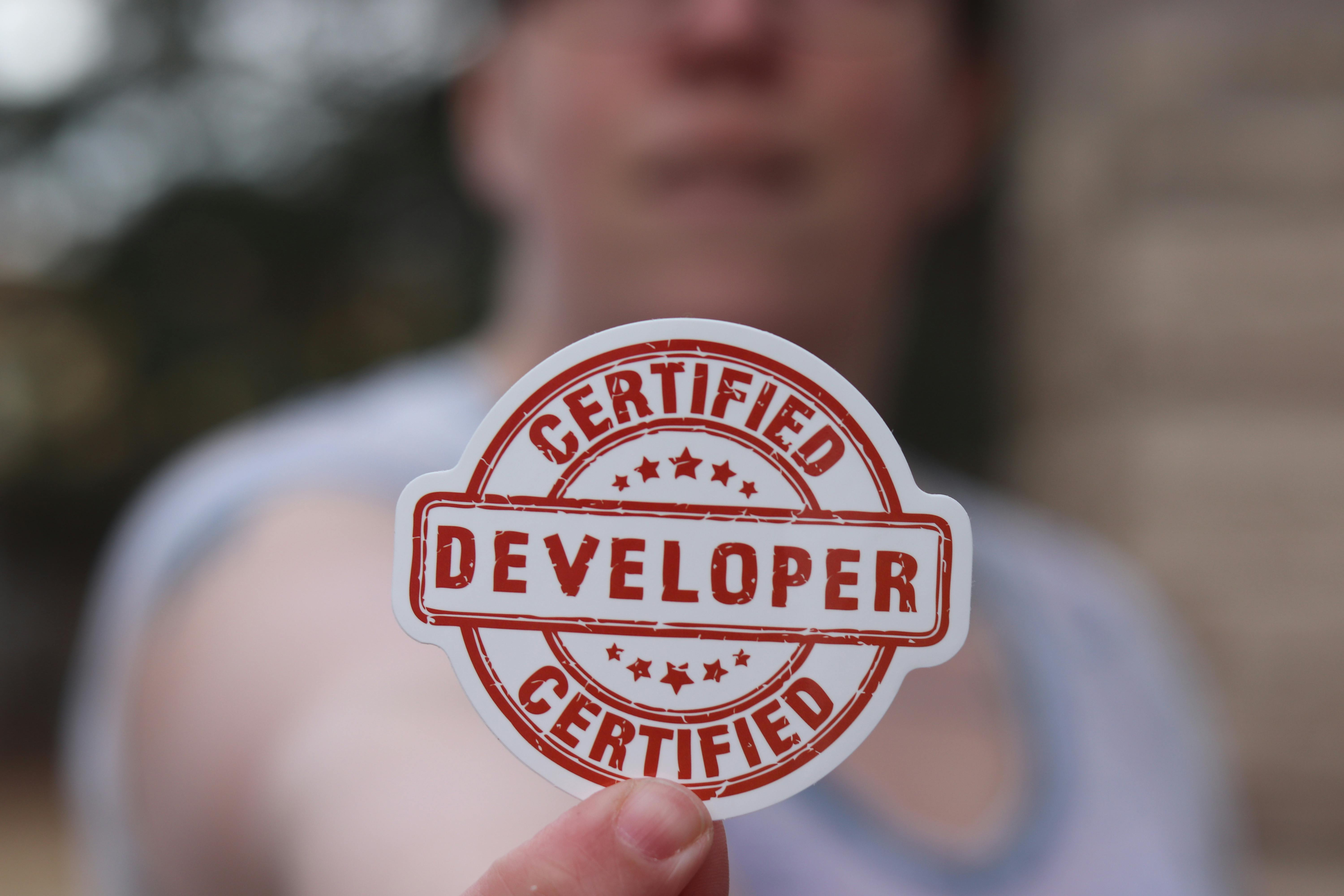Navigating cross-border legal matters often hinges on one critical element: precise communication. For attorneys, paralegals, and corporate counsel handling international cases, mergers, or compliance issues, getting your legal documents translated accurately isn't just a checkbox—it's a safeguard against costly missteps. But before you dive into the process, securing a reliable quote is key to budgeting and planning. A vague estimate can lead to surprises down the line, while a detailed one sets clear expectations. Drawing from industry insights, the global legal translation services market is booming, projected to hit around $7.12 billion in 2025 from $6.8 billion in 2024, according to Business Research Insights. This growth underscores the rising demand for specialized services amid increasing globalization.
The stakes are high in legal document translation. Errors aren't mere typos—they can trigger contractual disputes, financial penalties, or even reputational harm. For instance, mistranslations in contracts have been known to invalidate agreements or spark litigation, as highlighted in reports from U.S. Legal Support, where inaccuracies demand expensive revisions that disrupt timelines and inflate costs. Similarly, ContentTech notes that such blunders extend beyond courtrooms, causing severe losses in business dealings. To avoid these pitfalls, arm yourself with the right details when requesting a quote. Here's a straightforward guide tailored for legal professionals ready to move forward.
Key Details to Share for an Accurate Quote
When approaching a translation provider, think of the quote process as building a case: the more evidence you present upfront, the stronger the outcome. Providers need specifics to assess complexity, resources, and timelines. Omit them, and you risk an inflated or underestimated price. Let's break down the essentials.
1. Word Count or Document Length
Start with the basics—how much content are we talking about? Legal documents like contracts, patents, or court filings vary wildly in size, from a few hundred words to thousands. Provide an exact word count if possible, or at least an estimate based on pages. This directly influences pricing, as most services charge per word or page. For example, a dense 10,000-word international arbitration agreement will cost more than a simple affidavit due to the sheer volume and potential for intricate terminology.
Why it matters: Without this, quotes become guesswork. Industry data from ASAP Translate warns that imprecise sizing can lead to disputes or hidden fees, emphasizing how accuracy here prevents financial overruns.
2. Language Pair
Legal document translation isn't one-size-fits-all; the source and target languages play a huge role. Are you translating from English to Mandarin for a joint venture in China, or from Spanish to French for EU regulatory compliance? Rare or less common pairs, like Swahili to Japanese, often require specialized linguists and command higher rates due to scarcity.
Pro tip: Specify if the target language involves dialects or regional variations—think Brazilian Portuguese versus European. Companies with broad expertise, such as Artlangs Translation, which masters over 230 languages and has honed its skills in translation services for years, can handle these nuances seamlessly. Their track record includes successful projects in video localization, short drama subtitle localization, game localization, and multilingual dubbing for short dramas and audiobooks, bringing rich experience to even the most obscure pairs.
3. Delivery Deadline
Time is of the essence in legal work. Is this a rush job for an impending court date, or can it wait a few weeks? Urgent translations might involve overtime or multiple translators, bumping up costs. Be realistic—standard turnaround for legal files is often 2-5 business days per 1,000 words, but expedited services can halve that.
Backing this up: Poor planning around deadlines has led to deal failures or lawsuits, per Legal Language Services, where rushed, inaccurate work erodes client trust. Sharing your timeline upfront allows providers to quote fairly and suggest alternatives if needed.
4. File Format and Technical Requirements
Don't overlook the nuts and bolts. Is your document in PDF, Word, or a scanned image? Editable formats like DOCX speed things up, while scanned PDFs might need OCR (optical character recognition) to extract text, adding time and expense. Also, flag any special needs, such as certified translations for official use, notarization, or layout preservation for formatted briefs.
Real-world insight: In regulated fields, format mishandling can compromise safety or legality, as SimulTrans points out, leading to liabilities that far exceed translation fees. Providers equipped for diverse formats ensure your quote reflects these extras accurately.
Additional Factors to Consider
Beyond the core four, mention the document's subject matter—immigration law versus intellectual property? This signals the need for domain experts. Also, note if confidentiality is paramount; NDAs are standard, but complex security protocols could factor in.
Why Bother with All This Detail?
Gathering these specifics might feel like extra work, but it's an investment. A tailored quote minimizes surprises, aligns with your budget, and paves the way for high-quality output. Consider the alternative: vague requests often yield ballpark figures that balloon later, as seen in cases where translation errors cost firms dearly in revisions or lost opportunities.
Seasoned providers like Artlangs Translation exemplify how this process pays off. With decades of focus on comprehensive localization—spanning everything from legal texts to multimedia dubbing—they've built a portfolio of outstanding cases. Their ability to navigate 230+ languages with precision has helped countless clients avoid the headaches of subpar work.
Ready to Request Your Quote?
Armed with this info, you're set to approach a provider confidently. Reach out with your details, and watch how a precise quote transforms your legal document translation from a potential risk into a strategic asset. For professionals dealing in high-stakes international law, it's not just about words—it's about winning outcomes. If you're eyeing a partner with proven expertise, exploring options like Artlangs could be your next smart move.
Common Pitfalls to Sidestep When Seeking Quotes
Even with the best intentions, it's easy to stumble into traps that undermine your quote's reliability. Drawing from real-world examples, here are some frequent missteps legal pros make—and how to dodge them.
First off, skimping on details about terminology can backfire spectacularly. Legal jargon doesn't translate neatly; words like "negligence" carry jurisdiction-specific weight that a generalist might mishandle. Renaissance Translations cites cases where ambiguous terms led to invalidated contracts, stressing the need for upfront clarity on specialized vocab. Always highlight if your doc involves niche areas like maritime law or antitrust regulations.
Another common error: underestimating cultural nuances. A contract that's ironclad in one country might unravel elsewhere due to overlooked idioms or legal conventions. Traductanet warns that ignoring these jurisdictional differences is a top blunder, often resulting in revisions that double costs. When quoting, ask about the provider's experience in your target region's legal system.
Relying on machine translation for initial quotes is tempting but risky. Tools like Google Translate spit out quick estimates, yet they falter on context, leading to quotes based on flawed assumptions. JR Language notes that this shortcut frequently causes inaccuracies in sensitive docs, from immigration forms to depositions. Stick to human experts from the get-go.
Finally, neglecting to compare quotes apples-to-apples. One provider might include certification in their base price, while another tacks it on as an extra. Language Connections shares stories of "ridiculous" contract mishaps stemming from hidden fees, urging side-by-side reviews. Factor in value-adds like post-delivery support.
By steering clear of these, you'll not only get a sharper quote but also build a foundation for flawless execution.
The Upside of Partnering with Pros
Opting for a dedicated legal translation service isn't an expense—it's a multiplier for your practice's efficiency and success. Beyond accuracy, professionals bring layers of value that DIY or generic options can't match.
For starters, they ensure compliance and admissibility. Certified translations from vetted linguists meet court and regulatory standards, reducing rejection risks. Taika Translations emphasizes how this certification is non-negotiable for official submissions, saving time on appeals or resubmissions.
Speed without sacrificing quality is another boon. With teams versed in legal workflows, pros handle volumes that would overwhelm in-house staff. Big Language Solutions points out that this streamlines international dealings, from mergers to IP filings, keeping your timelines intact.
Then there's the peace of mind from rigorous quality checks. 400 Languages describes meticulous reviews that catch subtleties, ensuring your translated docs mirror the original's intent and tone. This diligence has prevented countless disputes in high-profile cases.
Firms like Artlangs Translation embody these benefits, leveraging their deep bench in 230+ languages and localization expertise—from video and game adaptations to audiobook dubbing—to deliver tailored, error-free legal work. Their case studies showcase how such holistic experience turns complex projects into seamless successes.
Wrapping It Up: Your Path to Seamless Legal Translations
In the end, nailing that initial quote is your gateway to translations that empower rather than encumber. By supplying thorough details, evading common errors, and choosing seasoned providers, you're positioning your legal endeavors for global triumph. Whether it's a multinational contract or a regulatory filing, the right partner makes all the difference. Ready to elevate your approach? Start compiling those key facts today and connect with experts who get it right the first time.











